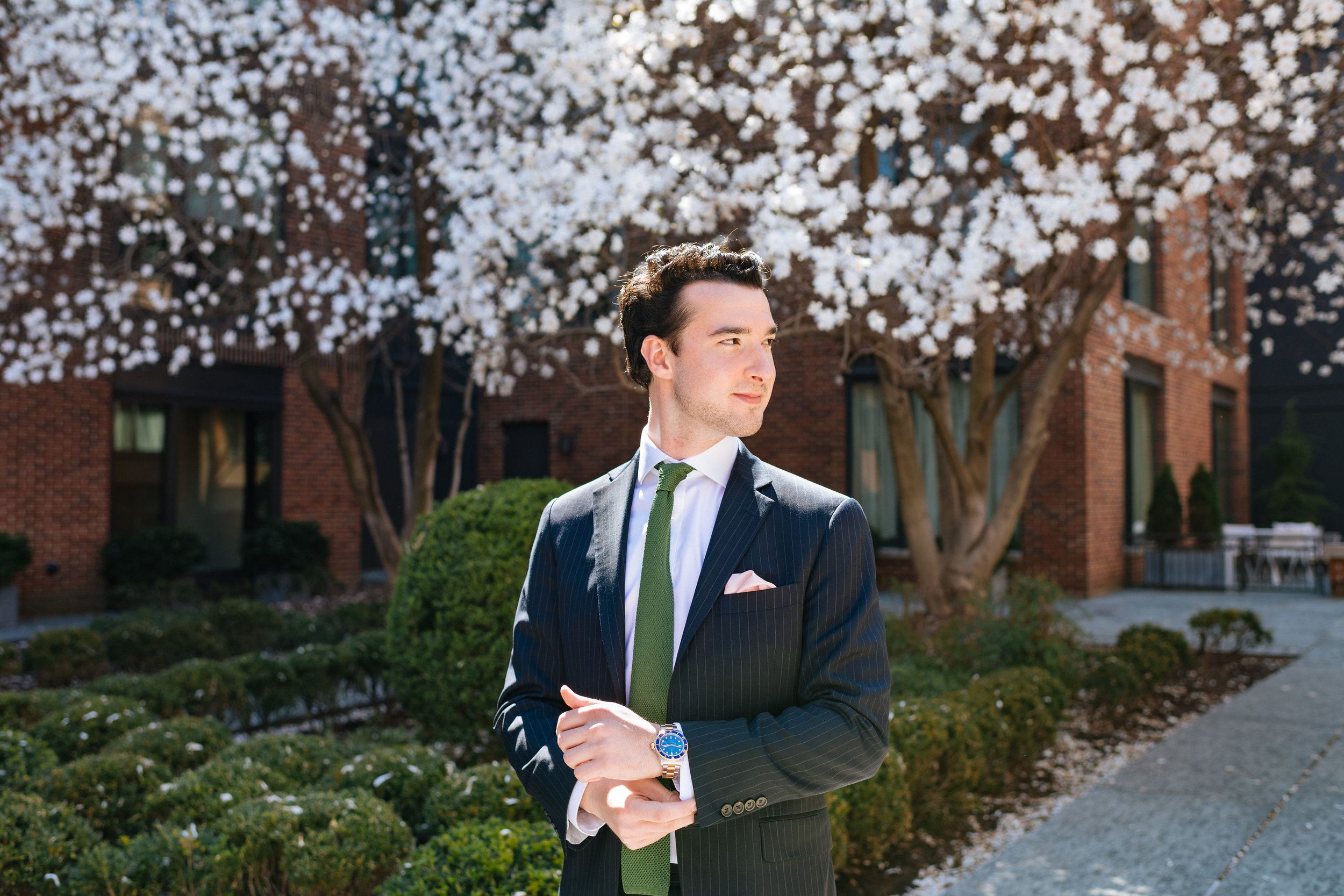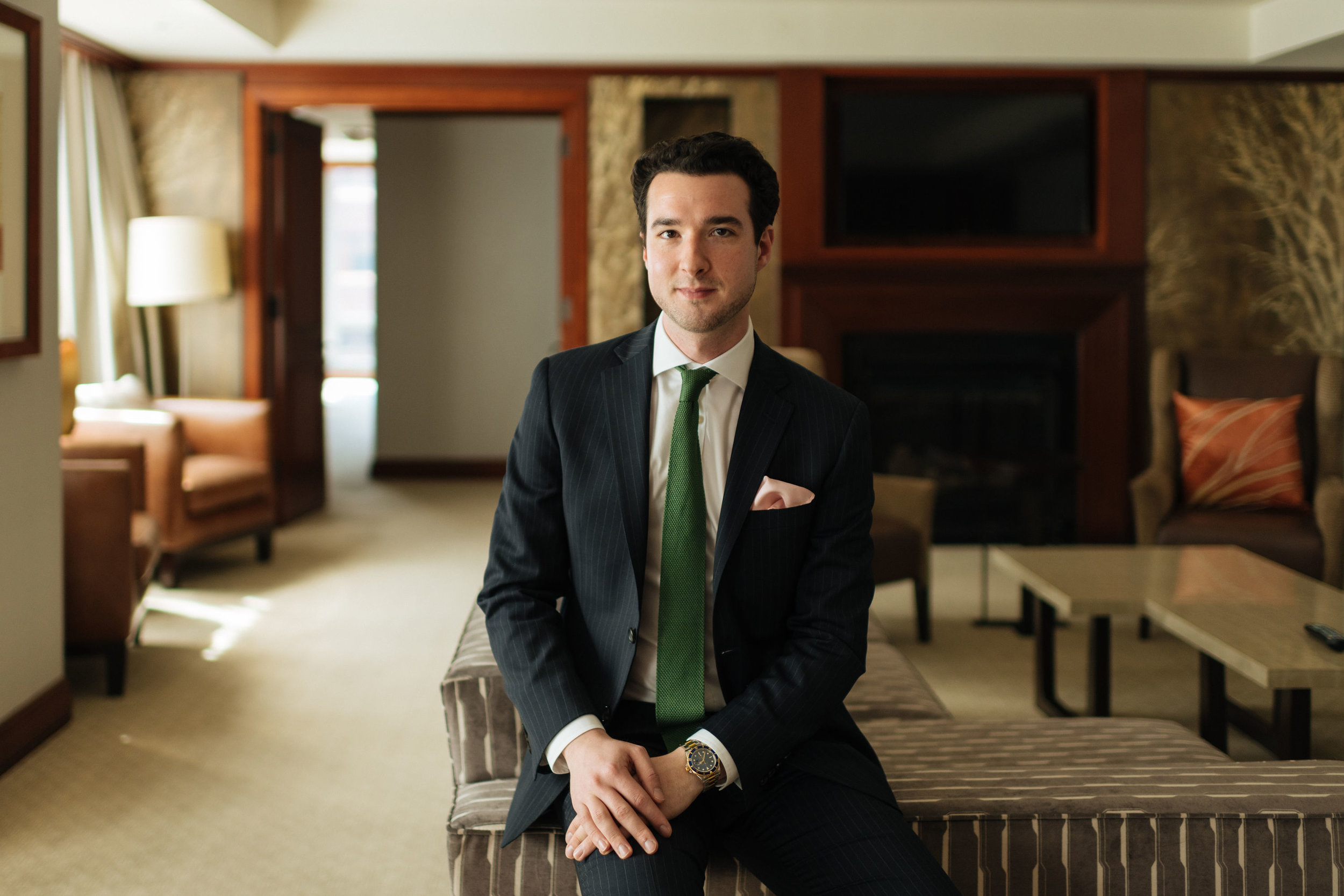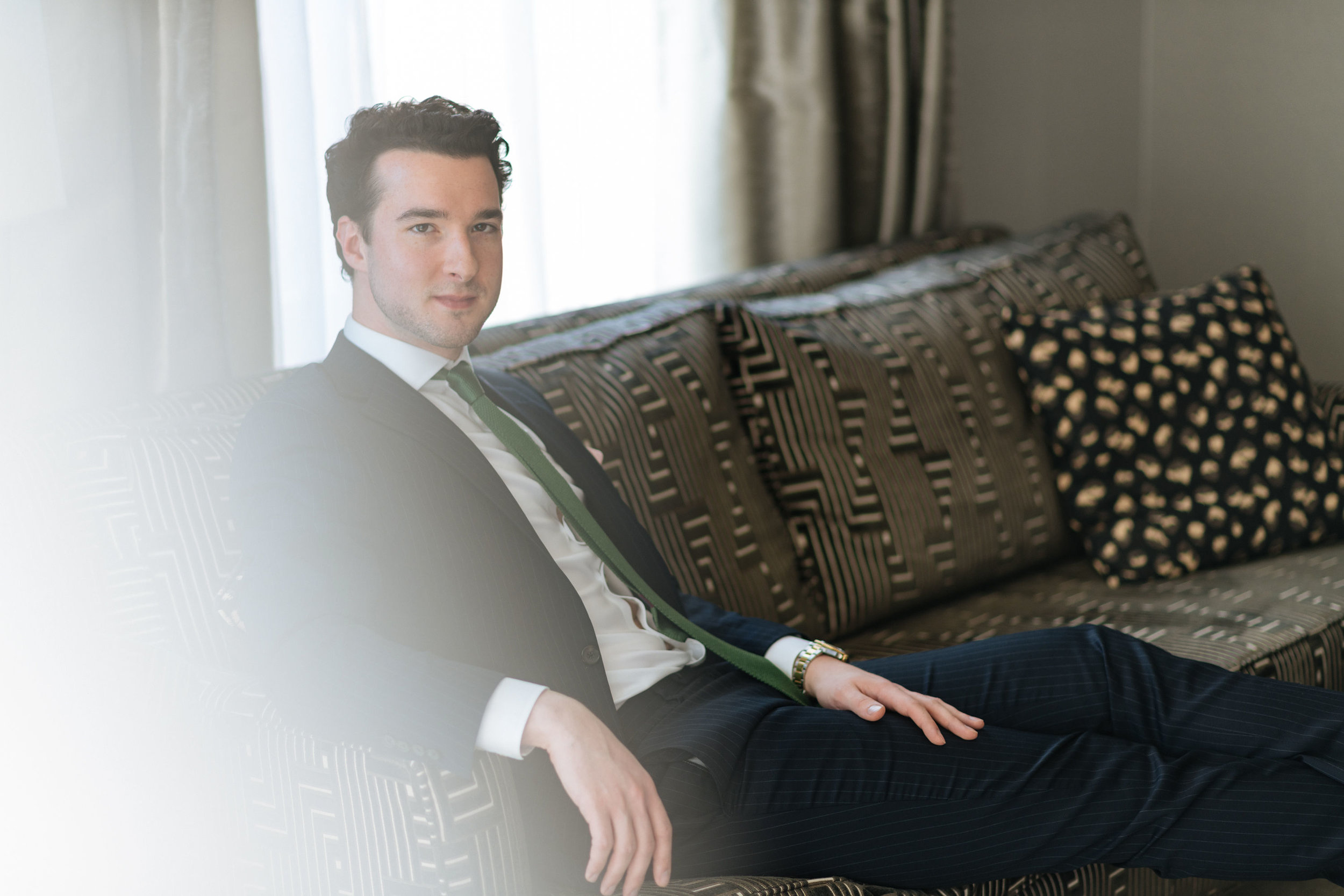‘I Started an Anonymous Twitter Account That Went Viral’
Spending the summer before college at his parents’ house in Knoxville, Tennessee, Dean Zacharias started a Twitter account to stave off boredom. Three months later, he had 30,000 followers.
‘This was in 2012, when Twitter was trending as a social media platform, but brands really weren’t on it yet. It was also at the point where these other viral accounts or content producers were doing different takes on ‘Blank Blank Problems.’ There wasn’t an account I related to so I started Proper Kid Problems. In retrospect, I wish I’d picked a different name. I want to remind you I was 18.’
By August, Dean parlayed the Twitter account into Instagram, Tumblr, and Pinterest. Four months later, his channels reached a quarter of a million people online.
‘It was very weird starting college with this brand I’d unintentionally built. I’d gotten into this entrepreneurial marketing sphere that I knew nothing about, but was being approached by massive companies like Brooks Brothers and Waldorf Astoria who wanted to work with us. They were just starting to dabble on Twitter and it was the beginning of influencer marketing.’
What had started as an innocent experiment by a restless 18-year-old was suddenly a full-fledged brand. Dean drove his social media following to a custom website, where he produced and curated original content and photography, brought on advertisers and additional writers, and built out revenue streams.
‘My parents had no idea what the hell I was doing. In the beginning they were like, ‘What followers? What are you, Jesus? They didn’t understand the landscape because social media was still very new in terms of being used as a legitimate marketing vehicle.’
Dean planned to major in political science and transfer to his dream school, Georgetown University, but Proper Kid Problems changed the course of his education. His parents encouraged him to have an open mind freshman year, and he ultimately opted for a double major in finance and marketing, if only to better understand the business he’d inadvertently cultivated.
‘Building the brand was like the liberal arts background I never had. I pursued a double major in finance and marketing and didn’t have the opportunity to study the arts as much as I would have wanted. In the end, the combination worked well where I was able to apply what I was learning in school to the business side of Proper Kid Problems.’
Through a self-described combination of luck and hard work, Dean landed an internship at a company called IVY that quickly led to a full-time position. Senior year, he juggled work and school while running Proper Kid Problems.
After graduation, Dean applied for a position at a DC-based PR agency. He didn’t hear from them, and sent an email to the founder expressing his interest in the company. They didn’t hire him, but forwarded his email to one of the clients they represented—The Ritz-Carlton Georgetown, Washington, D.C.
Two years later, Dean is the Public Relations and Marketing Manager for the luxury hotel tucked away on South Street. He says hospitality never crossed his mind, but the role was a serendipitous opportunity after a very ‘planned and strategic’ approach to his own brand growth.
‘It’s been an incredible experience working for one of the top luxury brands in the hospitality industry. I didn’t even know what PR was when I took the job and had very little service experience, but I think I ended up here because I was creative and passionate about creating memorable experiences—a hallmark of The Ritz-Carlton identity.’
Among other roles across every discipline, Dean serves as a ‘brand guardian’—navigating the fine balance between what is and isn’t on brand for the hotel. He says The Ritz-Carlton is built on personalization for each property’s guests, and no two hotels are the same.
‘Guests come to our hotel for different reasons, but they all receive the same level of service and attention to detail. Each one of us is empowered to create memorable experiences for every guest who walks through our doors. It’s an incredible part of the company culture.’
Unlike other properties in the portfolio, The Ritz-Carlton Georgetown, Washington, D.C. is boutique in nature, with just 86 guest rooms. Dean’s challenge is a bit different: raising local awareness.
‘My focus is reconnecting with our local community and making them feel welcome. Our property has an incredible history that dates back to the early 1900s. When the hotel was being built, architects took the original bones of the former industrial factory and transformed it into what it is today. For me, it’s important to enliven this sense of service to Georgetown and for the community to see the hotel as an extension of their own home.’
Dean, who since retired Proper Kid Problems, has observed how dramatically the influencer landscape changed in the seven years since he was on the other side—now working with micro influencers to reach the Georgetown community. In 2012, very few people were capturing 60,000 followers, and those who did had the power over brands. Today, everyone is an influencer in their own way.
‘The tables have shifted and there’s a lot of competition in the market. From a brand side it’s great, because of the high degree of selectivity in being able to work with individuals who have strong reach within a specific segment. It’s no longer about reaching the most people. It’s about reaching the right people.’
Moving forward, Dean says the biggest missing piece is the ability to put an accurate number behind influencer value. He predicts the first company to create a program to do that will completely change how brands pursue influencer marketing.
‘There’s still so much to learn about influencer marketing. The number of influencers has skyrocketed, the algorithms that influence engagement on social media are a mystery, and the accuracy of someone’s reach is still a guessing game. Social media will continue to become increasingly important as a primary marketing vehicle, and now it’s a question of the value of an influencer’s organic reach.’
Marketing Manager Problems.




